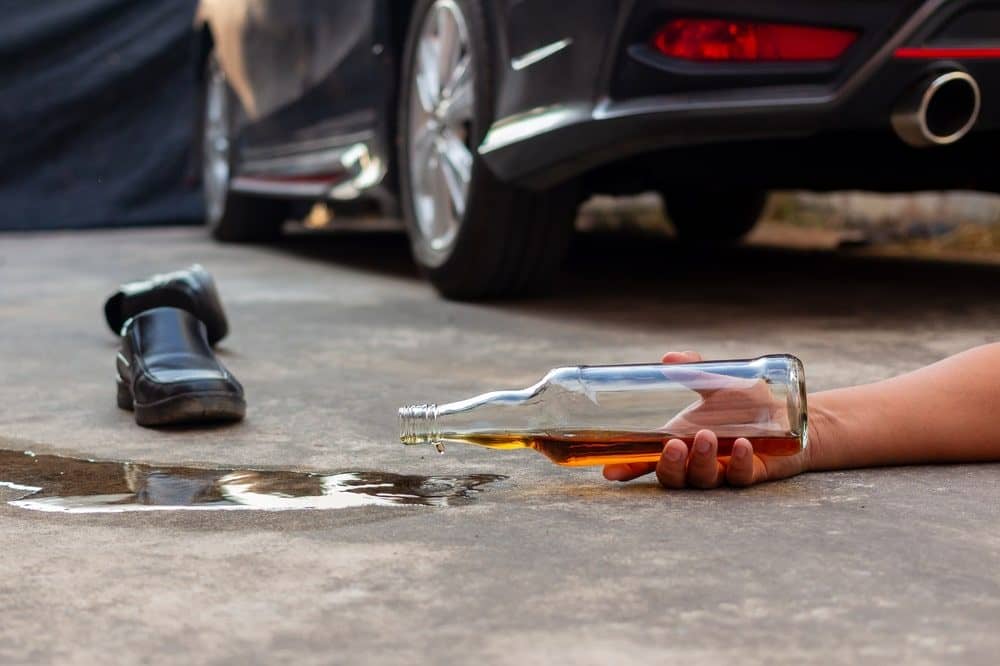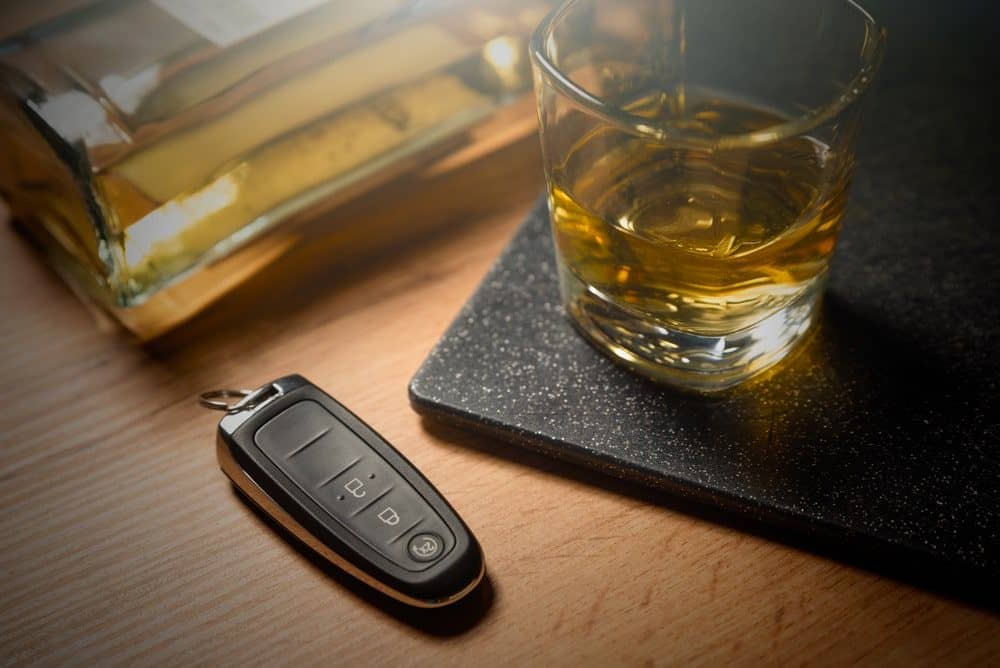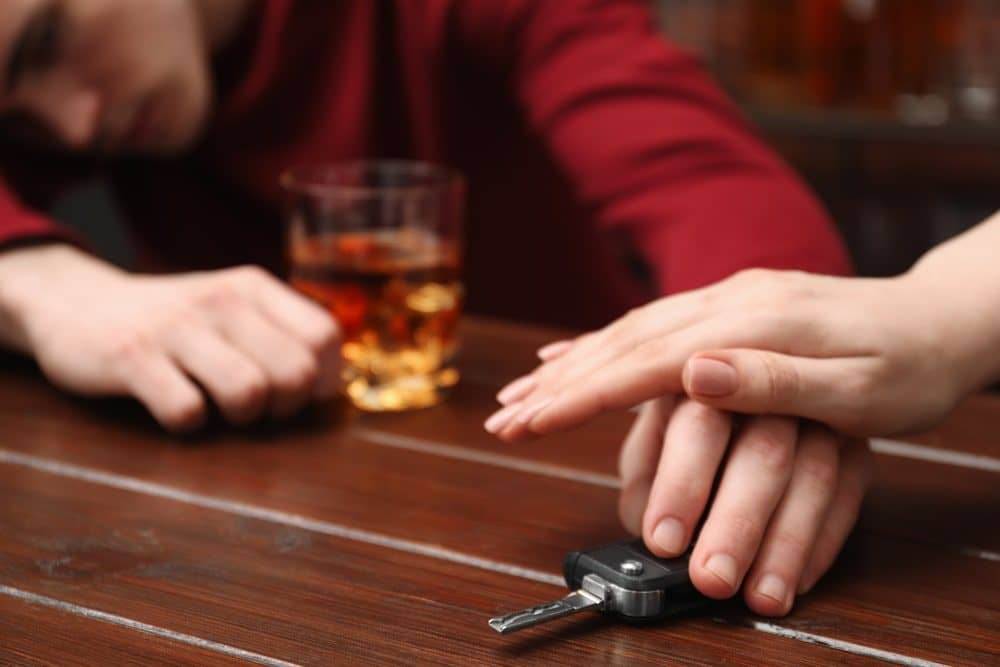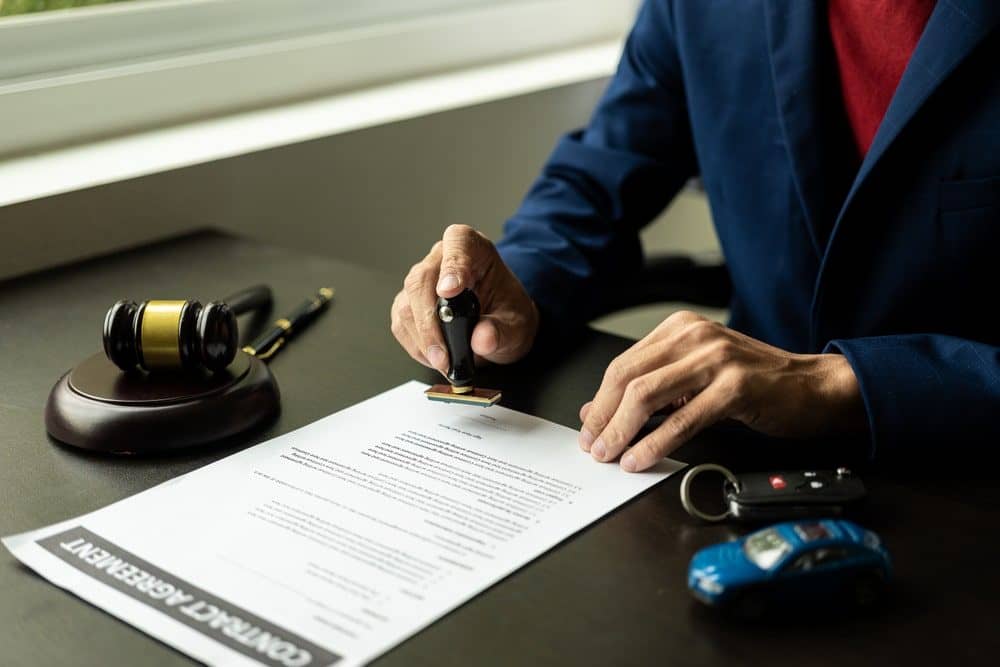Driving a vehicle under the influence of alcohol or drugs (DUI) is illegal in Madison, WI. DUI is formally known as Operating While Intoxicated (OWI) in the state. Those found guilty of DUI could face serious legal penalties, including jail time and hefty fines. For most drivers, a blood alcohol concentration (BAC) level of 0.08% or higher is considered over the legal limit in Wisconsin.
If you suffered a DUI car accident in Madison, WI, please consult our Madison drunk driving accident attorneys at Gingras, Thomsen & Wachs LLP. Our law firm specializes in a variety of practice areas, including DUI accidents.
Alcohol consumption significantly diminishes a driver’s ability to react to traffic and emergencies. The alcohol in the bloodstream not only slows down reaction times but also reduces the coordination of the driver, making it more challenging for them to control their vehicle.
Another reason that makes drunk driving so dangerous is that it negatively impacts the decision-making abilities of the driver. A drunk driver is more likely to drive over the speed limit, which is one of the top causes of severe accidents. Alcohol also reduces inhibitions, leading to reckless driving such as aggressive lane changing or tailgating. The negative impact of alcohol on driving ability increases exponentially with higher BAC levels. It is also worth noting that alcohol tolerance for individuals can vary depending on several factors, including body weight.
Legal Ramifications For The Responsible Party
The penalties for drunk driving offenses depend on several factors, including prior OWI convictions and the level of BAC. For first offenders, there is typically no jail time. However, they can face fines, license revocation, and installation of an Ignition Interlock Device (IID) for higher BAC levels.
The penalties for a DUI conviction are significantly more strict for repeat offenders. For example, a fourth offense is a felony charge for DUI. They could face prison sentences and other strict penalties for driving drunk. Along with fines and jail time, the drunk driver can also face mandatory alcohol and drug treatment programs, community service, and probation.
Wisconsin has an implied consent law, which means that refusing a chemical test, such as a breathalyzer or blood test, when suspected of DUI can result in automatic suspension of the driver’s license and other penalties.
While the 0.08% BAC level applies to regular drivers, the limits are more strict for commercial drivers. The state also has a zero-tolerance policy for drivers under 21.
If you got hurt because someone was driving drunk, you have the right to file a claim or lawsuit against them. You are able to recover economic and non-economic compensation for your losses, including medical expenses. According to the Wisconsin Supreme Court, victims of drunk driving accidents in Wisconsin may also recover punitive damages in certain circumstances.
As the legal ramifications for the drunk driver are severe, they will likely fight to defend against the charges. We encourage you to respond swiftly to protect your rights. Ideally, you want to get an attorney involved in the process as early as possible. The top drunk driving injury lawyers in Madison can guide you on what to expect from your case.
What to Do if You Were Injured by a Drunk Driver
If you’ve been injured in a drunk driving accident, it’s crucial to take steps to protect your rights. The first thing you need to do is ensure your health and safety. Move to a safe location and call the police so anyone who needs emergency medical assistance can get it. Adrenaline can mask the symptoms of serious injuries, therefore it is best to get a medical check even if you think your injuries are minor.
Getting medical attention is not only important for your safety, it also helps establish a record of any injuries you sustained from the accident, which can be crucial evidence for insurance claims and legal proceedings.
You should not engage with the drunk driver as they can be aggressive, confused, or afraid. Wait for the law enforcement officers to arrive at the accident scene. Leaving the scene of the accident is illegal, so stay there until the police say you can leave or you are taken away by an ambulance.
If you are at the accident scene and are in stable health, you can start gathering evidence. This includes photos and videos of the motor vehicle damage, physical injuries, license plates, and road conditions.
After the accident, make sure to notify your insurance company about the auto accident. You should also contact an attorney specializing in drunk driving cases in Wisconsin. The attorney can guide you on the legal steps you need to take to protect your interests and ensure you receive full and fair compensation.
The Legal Process of Recovering Compensation
Generally, the legal process for recovering compensation starts with your attorney filing an accident claim with the at-fault party’s insurance company. The insurance company will accept or deny the claim. In most cases, they negotiate to reach a settlement. However, if a mutually acceptable settlement cannot be reached, the case can proceed to a lawsuit.
To initiate the litigation process, your attorney will file a formal complaint and submit it to the relevant court. A copy of the complaint will be sent to the defendant, providing them with an opportunity to respond. The case then moves to the discovery phase where all parties gather evidence and exchange information. Following the discovery phase, the case can move to dispute resolution methods, such as mediation. However, if the dispute remains unresolved, then it proceeds to trial, where a judge or jury hears the arguments from both sides and renders a judgment.
If you would like to discuss your case with a top personal injury attorney, you can contact us at Gingras, Thomsen & Wachs LLP to schedule a free consultation. Our lawyers for drunk driving accidents in Madison are highly skilled and experienced in legal representation for injury victims. We can share information about our practice areas including other car accident injury cases we can help with at Gingras, Thomsen & Wachs LLP.







